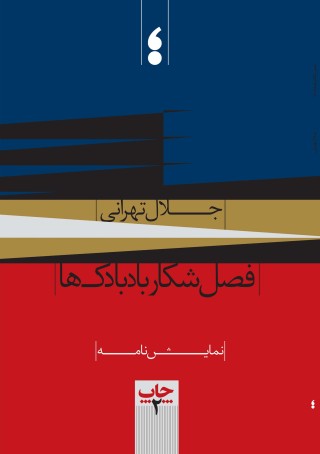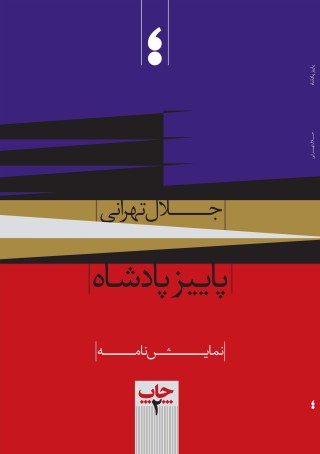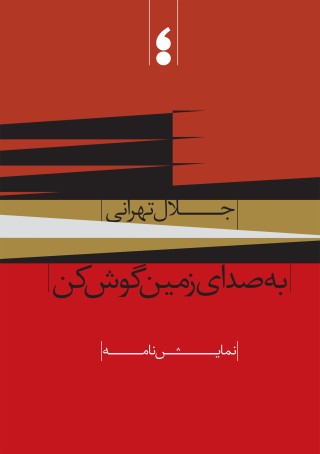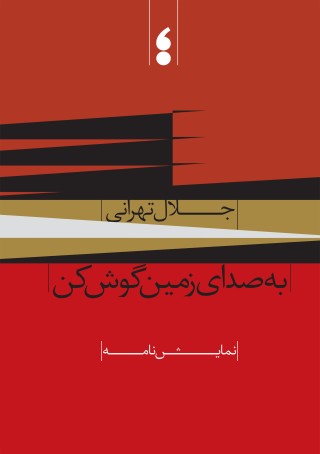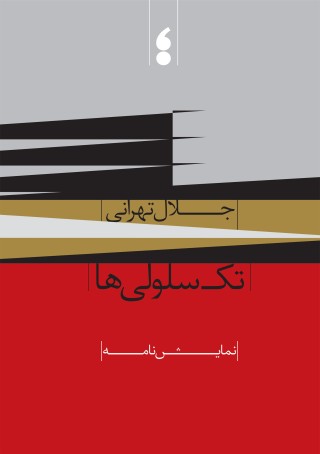اموزشگاه و بوفه کتاب مکتب تهران
- آموزشگاه
- بوفه کتاب
- پلاتو و سالن تئاتر
لورم ایپسوم متن ساختگی با تولید سادگی نامفهوم از صنعت چاپ و با استفاده از طراحان گرافیک است. چاپگرها و متون بلکه روزنامه و مجله در ستون و سطرآنچنان که لازم است و برای شرایط فعلی تکنولوژی مورد نیاز و کاربردهای متنوع با هدف بهبود ابزارهای کاربردی می باشد.

- آموزشگاه مکتب تهران
خرید و فروش انواع ارزهای دیجیتال و رمزارزهای کریپتوکارنسی در صرافی آنلاین تی پی برای کاربران فراهم می باشد بعد از احراز هویت می توانید خرید و فروش ارزهای دیجیتال را انجام دهید.
- بوفه کتاب مکتب تهران
خرید و فروش انواع ارزهای دیجیتال و رمزارزهای کریپتوکارنسی در صرافی آنلاین تی پی برای کاربران فراهم می باشد بعد از احراز هویت می توانید خرید و فروش ارزهای دیجیتال را انجام دهید.
- انتشارات مکتب تهران
خرید و فروش انواع ارزهای دیجیتال و رمزارزهای کریپتوکارنسی در صرافی آنلاین تی پی برای کاربران فراهم می باشد بعد از احراز هویت می توانید خرید و فروش ارزهای دیجیتال را انجام دهید.
- کلاس های آموزشی درام نویسی
در هر زمان و مکانی که باشید با ثبت سفارش در صرافی آنلاین تی پی سفارش شما در کمترین زمان ممکن از طریق کارت های اعتباری مستر کارت و دبیت کارت های ما انجام میشود با حذف کردن تمامی واسطه ها در کاهش هزینه های خود صرفه جوئی نمائید
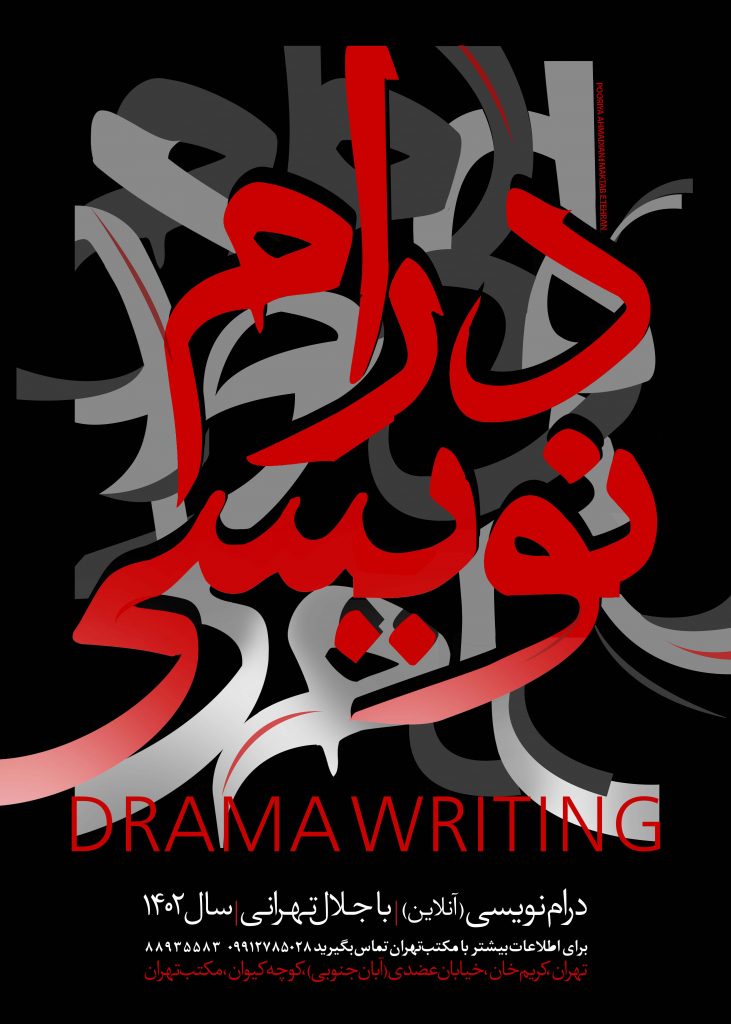
جلال تهرانی
ما تلاش کردهایم فضایی ایجاد کنیم که تئاتر در آن زندگی کند و هنرجویان در کنار تئاتر زندگی کنند.
هنرجویان مکتب، نمایشنامه مینویسند، بازیگری میکنند، کارگردانی میخوانند ، طراحی میکنند، پوستر میسازند و در جهان نمایش غوطه میخورند و نهایتا در گروههای منسجم، طرح و ایدهی خود را بر روی صحنهی مکتبتهران به اجرا در میآورند.
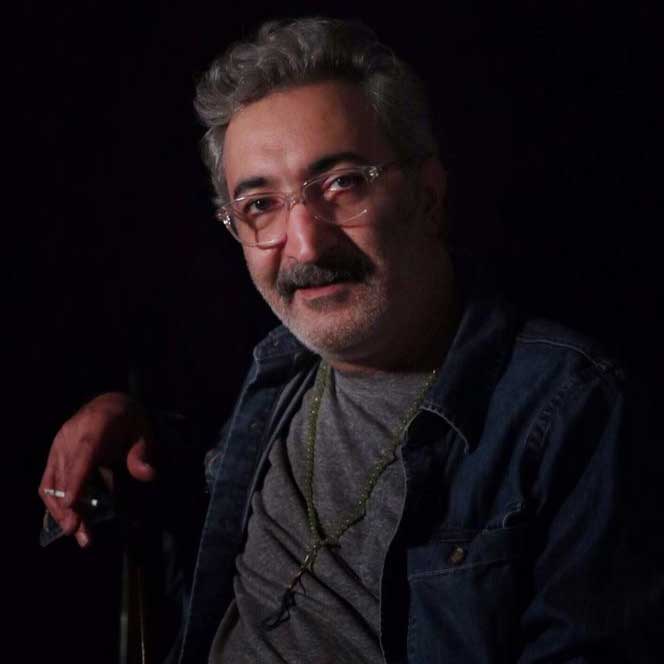
انتشارات
